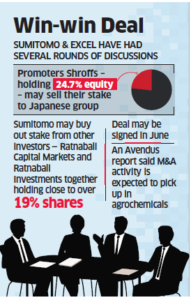
Online retailers would be banned from stopping a customer in one EU country buying from a website based in another, under a proposal issued on Wednesday to make it easier for consumers to shop across the bloc.
The European Commission said its law would stop “geoblocking” where companies limit access to their websites based on user location, often forcing customers to use versions based in their own country, sometimes with higher prices.
“In the online world, all too often consumers are blocked from accessing offers in other countries,” the Commission said in a statement.
“Such discrimination has no place in the single market.”
The law would affect companies such as Amazon, eBay and Zalando as well as to sales of services provided in a specific location, for example car rental, accommodation and concert tickets.
It would not initially apply to copyright-protected items such as e-books, music and games, although those might be included soon, the Commission said. So for the time being a German citizen would still be unable to buy a Spotify subscription in, for example, Estonia, where it is much cheaper.
The music industry welcomed the exemption, saying that to include such services in the geoblocking proposal would be “a serious blow for cultural diversity.”
Under Wednesday’s proposal, which requires the approval of the European Parliament and national governments to become law, retailers would not be allowed to block access to websites based on a user’s location or to re-route customers to a website version based in their own country without their consent.
Amazon already makes its websites accessible to customers anywhere in Europe, and says 98 percent of its own stock is available to shoppers from any European country.
While e-commerce websites will not be allowed to prevent customers in one EU country buying products in another, they will not be forced to deliver cross-border.
Therefore, an Italian buying a TV from a German website would either have to arrange their own delivery or collect it at the trader’s premises.
The Commission hopes the new rules will increase the proportion of consumers who buy online from another country, currently only 15 percent.
“The European Commission is doing the right thing by helping solve practical problems faced by online businesses, particularly small and medium sized businesses,” said eBay’s’ Paul Todd, Senior Vice President of EMEA (Europe, Middle East and Africa).
A business group said the proposal failed to address the reasons companies use geoblocking, such as differing VAT rates and consumer protection rules.
“This is like putting a sticking plaster on a broken leg,” said John Higgins, director general of DIGITALEUROPE, which represents companies such as Sony, Google and Dropbox.
In a separate proposal, the EU executive sought to increase the transparency of prices for cross-border parcel delivery and to give national authorities the power to assess whether they are affordable.
Source: http://www.reuters.com/article/us-eu-ecommerce-geoblocking-idUSKCN0YG1DC



